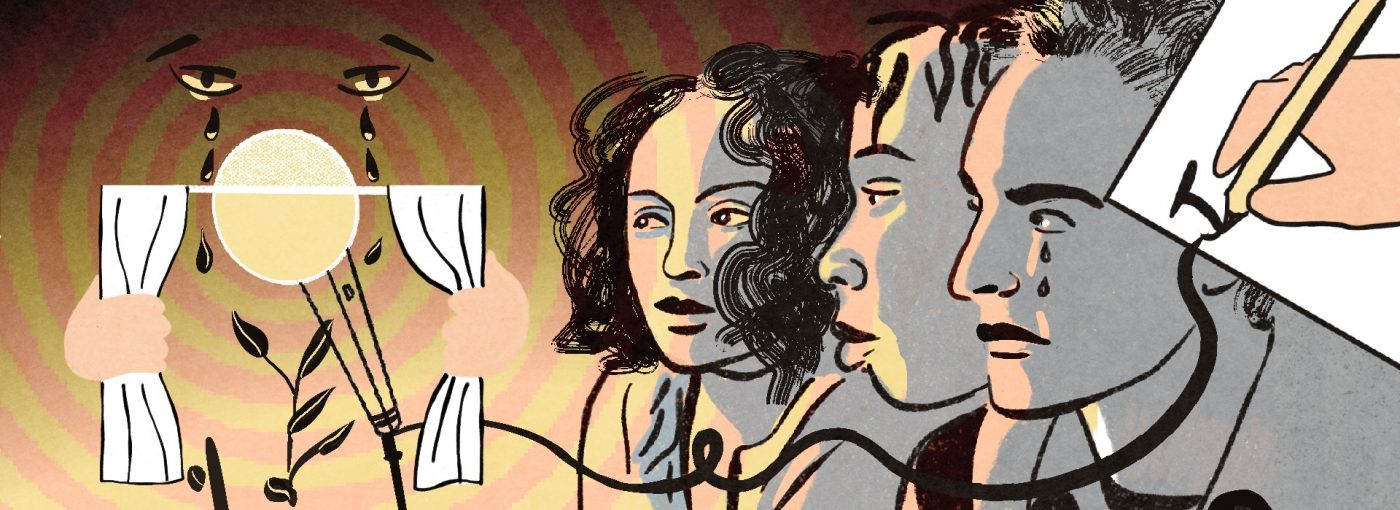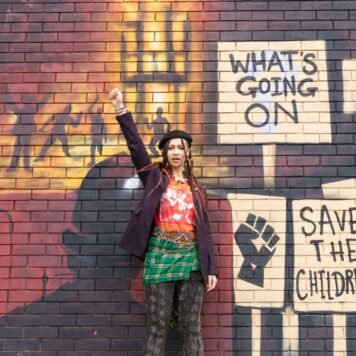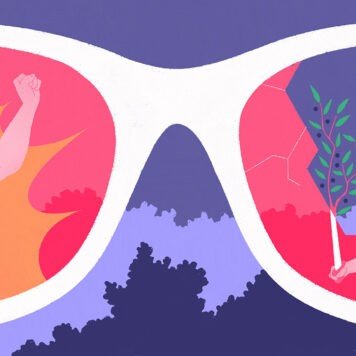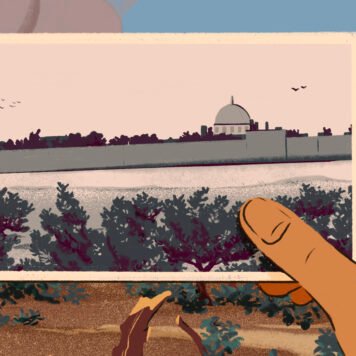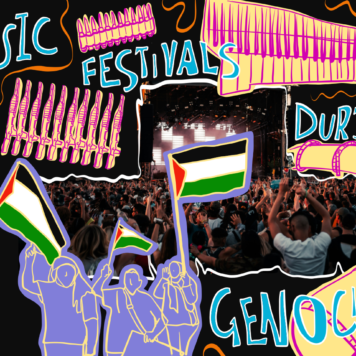For many of us, the process of re-integrating into a social scene which feels raw and more unsteady than before the pandemic is a bumpy road: joyful and yet in places precarious, triggering nascent anxieties and more overt ones even as we commune with loved ones. Although I am accustomed to managing emotional intensity in daily life, thanks to years of living with clinical depression and anxiety, there seems to be a different, new oddness of dynamics to navigate post “Freedom Day”. As the enthusiasm to rebuild dynamic social lives and in-person relationships clashes with the still-felt impact of isolation and residual screen addiction, poetry performance events offer spaces of solace, learning and compassion. Characterised by sharing expressions of personal truths in an atmosphere of openness and mutual respect, open mic evenings and participatory poetry workshops alike can present new ways of coping with the scars of the pandemic, facilitating connected identities to bloom from the mud of individualised struggle.
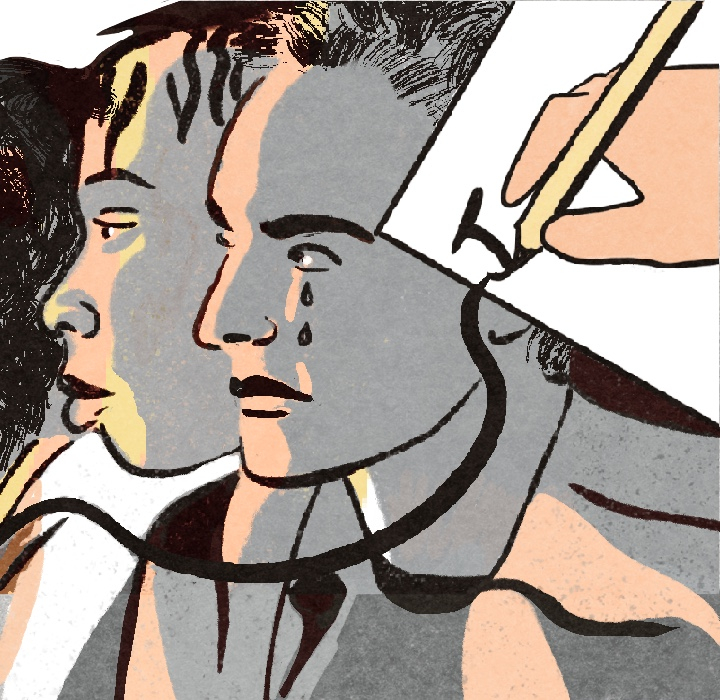
Having first explored poetry as a social space through student open mic nights at Durham University, I am convinced that it yields exciting possibilities for collective emotional healing in the midst of a harrowing and disillusioning social climate. One of the first spoken word artists I saw live was Jay Hulme, champion of the UK’s biggest youth poetry slam competition. His raw and sensitive poetic renditions, based on autobiographical events, offered a more humbling insight into the complexities and challenges of transgender issues than I encountered elsewhere as an undergrad.
Five years later, the intimate energy of live poetry settings, where frequently internalised or stigmatised content is bared and shared, seems more powerful than ever for a population needing to recalibrate and reconnect on a deep level, still haunted by a societal mood of uncertainty. Inasmuch as poetry allows the individual to self-express, it is also an educational vehicle exposing us to others’ perspectives and illuminating nuanced elements of their lives which we would not otherwise see. This is especially prescient in relation to movements combating racism and other forms of structural violence and ingrained discrimination.
Poetry, with its personal and reflective functions, can serve to bring out from the shadows some of the uglier and more internalised aspects of these issues and in doing so cultivate empathy between different groups – an empathy that becomes possible through opening emotional windows into each others’ experiences. We can come to understand in a demonstrable sense the notion of intersectionality: the connections between diverse protest movements. These become starkly apparent when a recognisable aspect of one’s personal experience is articulated in the poetry of another, who may be fighting an ostensibly separate battle. As well as being applicable to uniting strangers around activist causes, this feeling of mutual resonance and reciprocality also has therapeutic value for mental health, mitigating the feelings of overwhelming loneliness that accompany mental illness.
It may come as no surprise, then, that poetry is increasingly being linked with mental health awareness and included in solutions for what can feel like another, concurrent and equally sinister pandemic: that of depression, anxiety and insomnia, conditions which became prevalent during the stressful circumstances of lockdown. Yet even pre-Covid-19, some had begun to match up psychological wellbeing with poetry, whether through literary endeavours such as William Sieghart’s anthology The Poetry Pharmacy or through live events, like those arranged by the London-based organisation Mind Over Matter.
Open mic nights and poetry writing workshops constitute an arena in which emotions, rather than being thrust down under the surface of routines, work and social norms, are openly shared and explored. Through inhabiting these spaces we can learn vulnerability and listening skills, using presence and compassion to find a strength in the collective. Brilliant poet Salena Godden proclaims in her dazzling performances of ‘Pessimism and Lightweights’, which can be watched on youtube: “this road is made of protest, and those not permitted to vote/ and those still fighting out to speak, with a boot stamping on their throat. […..] Pessimism is for lightweights/ this road was never easy or straight/ but living is all about living alive, and lively, and love will conquer hate”.
Salena’s incredible work embodies how poetry gives an energy of uplift that is not the superficial plastering of consumer fixes over society’s wounds but a genuine togetherness founded on the recognition of what unites and binds us over our divisions. It is diving into the wreck – to allude to another iconic poetess, Adrienne Rich – of inner demons or messy, oppressive circumstances and daring to come up from it with the resilience to use our findings for good, moving forwards with a love that is honest as to the challenges we face.
In ‘Capitalist Realism’, Mark Fisher critiques the mainstream understanding of mental illnesses as personal, unrelated malfunctions requiring individualised treatments (for example, cognitive behavioural therapy and/ or antidepressant medication), positing that they are inextricably linked with the consequences of capitalist structures. Although my own challenges with depression and anxiety have shown me that therapy and pills can be helpful and even life-saving, recourse to these approaches alone neglects the role that social and political factors play in rising rates of mental ill-health. While broader political concerns (e.g. the climate crisis, high precariousness around employment and housing, ingrained racism and structural violence, and so on) are not sole sources of mental illnesses like depression, I suspect that many sufferers feel their distress compounded by the psychological effect of these real stressors, and that the already staggering numbers of adults taking antidepressants to cope will only augment insofar as they remain unresolved. The one-to-one settings of doctors’ and psychiatrists’ offices can offer no prescription for political anxieties other than mollification; on the other hand, poetry circles enable discussion of these concerns injected with the playfulness of wordplay, rhyme and lyricism, appealing to those who feel unable to let them lie. As under capitalism, most of the social spaces we have available to us encourage consumption, it feels refreshing to commune in an environment where the focus is not to acquire but to share, engaging in authentic exchanges of creativity and empathy.
People suffering from depression are often advised to partake in volunteering projects for the sense of wellbeing that comes from contributing to others’ lives, and the perspective that this provides beyond the immediacy of personal suffering. From my experience, engaging with spoken word performance can have similar benefits. Standing on a stage in the buzz of appreciative clicks and claps, witnessing others resonate with your words as you relate to and learn from theirs, generates a sense of oneness, anchoring the alienated individual to the broader narrative which houses their personal story. Not only is this profoundly impactful for wellbeing, but it gives voice and collective power to the concerns of the disaffected, transforming us from atomised individuals into emotionally and socially connected units – a critical step in the fight to build a mentally healthier society.
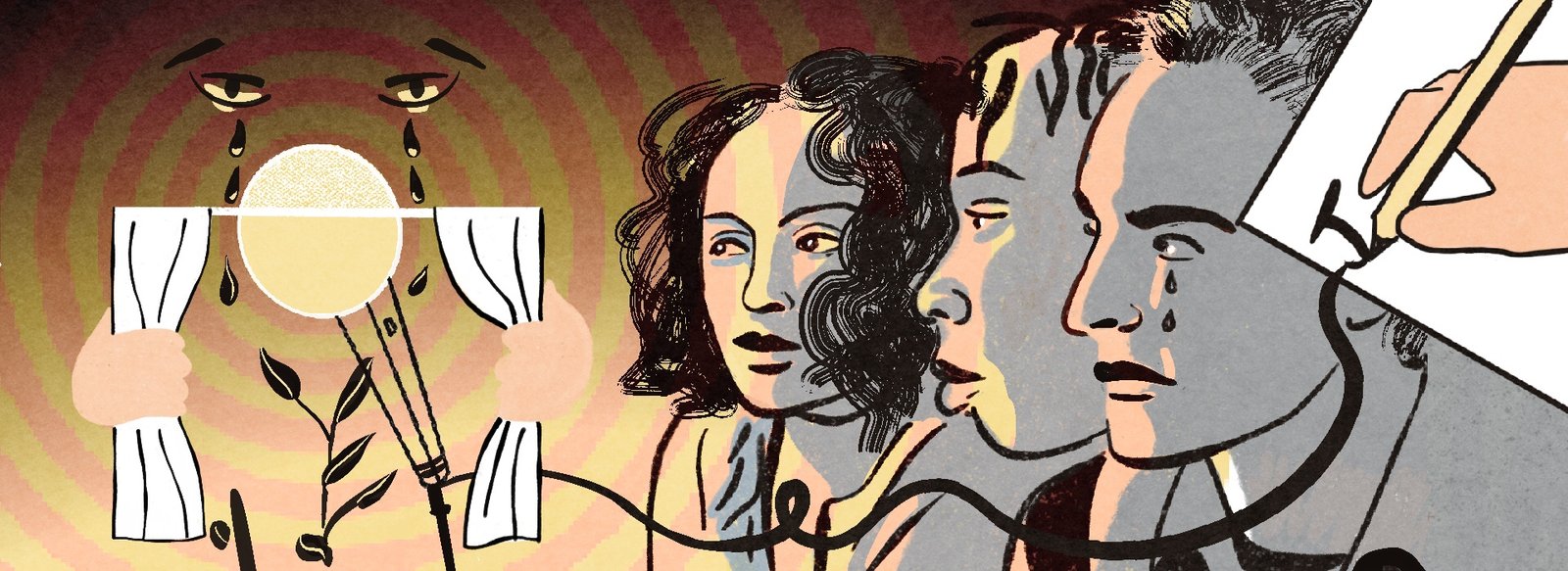
UK-based poetry events and organisations for your diary:
London is home to a wide spread of poetry collectives, with Mind Over Matter hosting monthly open mic nights in Camden and Brixton, and a weekly virtual open mic. BYOB (Bring Your Own Bars) Poetry hosts monthly events at the respective Boxparks of Wembley and Croydon. Also to watch: ATL’s Word On The Street (Peckham), Word Soul (Blackhorse Road), Babel Open Mic (Stoke Newington)…. The list goes on!
Upcoming events in Bristol include The People’s Poetry at Stokes Croft and Harbourside Sessions at ARNOLFINI art gallery.
If you’re Manchester-based, Word Central and Out Loud are both hosting events this Autumn, and Mind over Matter are launching there this October.
A Lovely Word at Liverpool’s Everyman Street Café is an Arts Council funded initiative encompassing poetry masterclasses and workshops, alongside monthly spoken word nights featuring nationally recognised headliners.
Newcastle’s weekly Friday Night Open Mic at the Printworks, open to all genres, treats performers to a free drink.
Scotland-dwellers may be interested in this comprehensive guide to poetry events in Glasgow.
In Cardiff, Howl at the Moon offers a regular showcase of poetry and creative talent.
Apples and Snakes are an excellent resource for all things poetry, especially offering free or discounted workshops. Signing up to their emerging artist database can help keep you in the loop.

